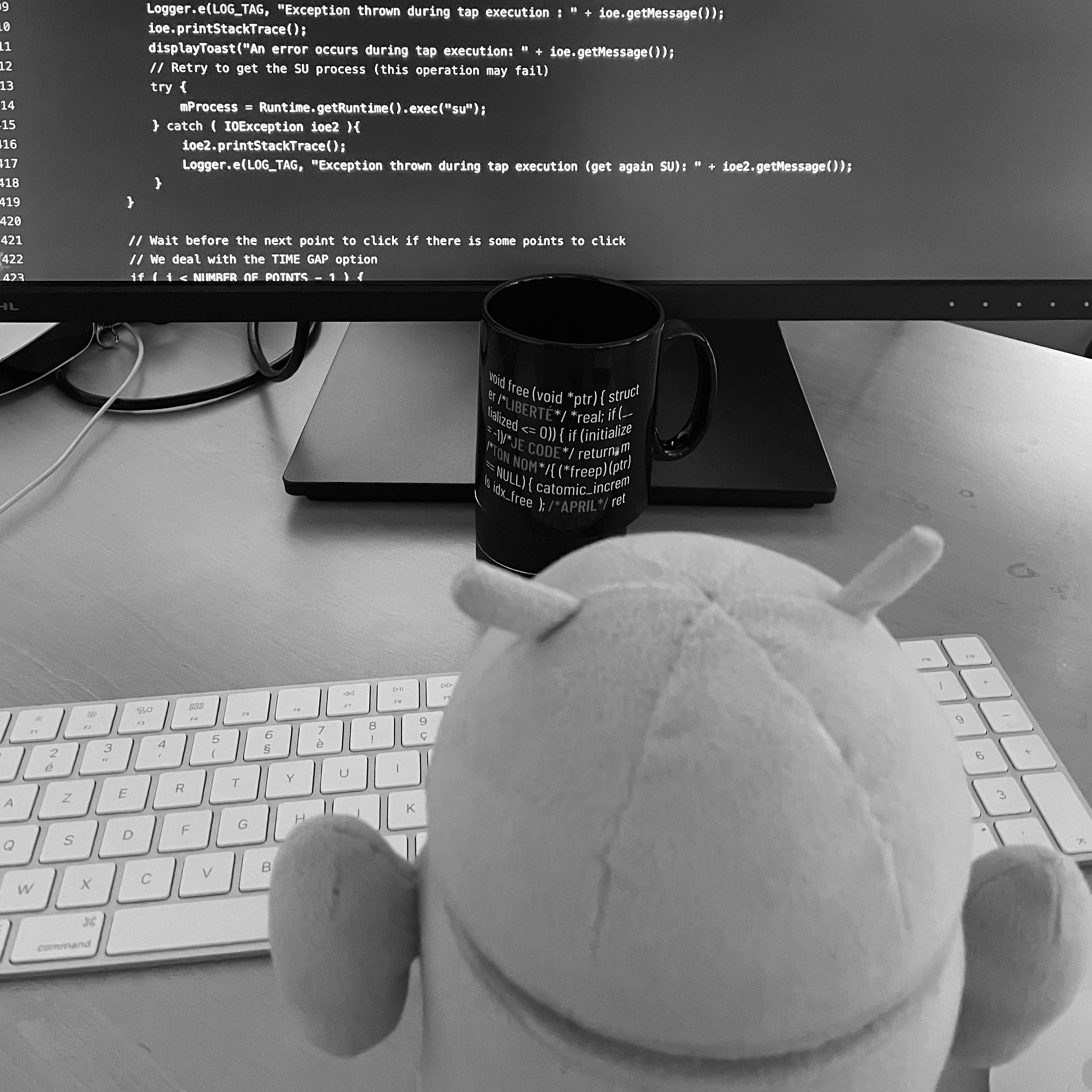It’s good of the author to extend Futo the benefit of the doubt in this way.
The very first paragraph of their definition is: “Open source just means access to the source code.”. If they are really that unfamiliar with the software industry, then their code must be a horror show. Personally, I think they know exactly what they are doing.
They clearly know when the open source definition by the OSI starts by stating the exact oposite with almost the same wording
Open source doesn’t just mean access to the source code.
I had forgotten how the real OSD starts. That is horrifying. But then, I suppose if you’re going to engage in this kind of disinformation, why not go all-in?
I suppose.
Not gonna lie but I expected better from them since Louis Rossman is involved with it :c
Trying to hijack open source like that is just scummy.
I wonder if they perhaps would be better off doing something to what Microsoft did with vscode: put the core under an open source license, then create a new product that integrates it under a restricted license with all Microsoft branding and specifics and release that as a product. That way the original Microsoft content is not subject to the open source and the true open source definition can be applied to what is the most important, the core. It wouldn’t require any changes to the open source definition for example. It doesn’t fix all issues raised, but may be a bit of a middle ground? Thoughts?
Or just call it something other than “open source”, like “source available” or something.
Pure jerks, clowns and morons. Trying to redefine definition of open source is crazy, insane and irrelevant.
Maybe Futo should move to “post open source” like “open core” principles.
Today majority of standards rely on definition accepted by a majority of people since decades, i.e. the open source definition by the OSI (https://opensource.org/osd), the free / libre definition of the FSF (https://www.gnu.org/philosophy/free-sw.en.html), and the principles of ethical source by the OES (https://ethicalsource.dev/what-we-believe/). Trying to apply new definitions is very hazardous, will induce lack of consistency and may make people more confused.
However, like the OES did for ethical source licences, defining a new group of ideas / licences with associated values seems to be more interesting, like few years ago with “open core”, and also “copyfarleft” and “copyjustright”.
In a nutshell, why changing the rules of the game instead of creating a new game? 🙂
Futo’s and Rossman’s responses don’t make their goals any clearer to me. Sure, they’ve avoided the issue by not using “open source” now, but why all this mess in the first place?
They’re worried about developers of open-source software not getting paid? Then pay them to develop it (looks like they’re doing that already, so great!). So why then keep bringing up that developers need to be paid, if they’re paying them? Royalties?
Annoyed that big tech is taking open-source code and not giving back? Why not use a copyleft license? You can always dual license. Problem solved. Why make a new Frankenstein license that tries to do both, but just looks like it sucks at everything?
If you feel that “open source”, as per the OSD, has to change, I’d ask why does it need to change instead of you using an alternative term
Simple: OSI doesn’t own the word “open source”, nor should they. Their definition is as blue eyed and naive as Marxism. It doesn’t evolve nor live in the real world, but a one of fantasy where no method of exploitation nor circumvention has been invented. It’s basically a world where lying hasn’t been invented.
In our real world with real consequences and real people, companies take advantage of opensource. The vast majority of open source maintainers and authors can’t live on open source. Yet somehow the privileged few that can, would like to make everyone believe that principles pay off, and that living by some definition made by the privileged is the only " right way" to make a living writing opensource.
I find it to be nearly in the same vein as rich people who say “if you work hard enough, you can be rich like me” and throw around platitudes like “pull yourself up from your bootstraps”. Or being like those in an ivory tower judging those trying to find a way to make a living: " no, not like that! only my way is just".
Maybe if you paid more attention to the original definitions of words you would know what marxism is
Maybe learn to read what people write first? I didn’t define Marxism.
In futos case the problem isn’t that their license doesn’t meet the OSI’s definition of open source, but that the license is just garbage, like their non modification clause or their litigation clause.
Removed by mod
Case in point.
What we have here folks is what I referred to before as a purity testing asshole. Unfortunately, open source is full of them. Most of them aren’t even developers. It’s pathetic
Per our Code of Conduct, please avoid insulting users when commenting on our instance, even if “they started it”.
Though I agree with the point you’re making (purists and pedants are unhelpful), IMO there’s no need to stoop to their level and attack them.
You are definitely right though. The open source community is full of these people unwilling to change, which is ironic given how vehemently they request others to change and accept open source. It’s nigh dogmatic, which I think is problematic.
Removed by mod
Is the source open for anyone to view? Then it is open source. Not everyone gives a crap about osi or anything like that. It is literally open source, full stop.
Nerdrage all you want and akshully it up as much as you need to, but the source is literally open for all to see.
Bring on the hot blooded man tears and neckbeard rage.
Also, fwiw, Grayjay is a fantastic product.
Without the toxic dismissal of other people this would have been a good comment.
Just like the toxic dismissal of the comments on the other guy who said exactly the same thing that I just did?
The only thing toxic about open source is purity testing assholes. Unfortunately, considering that I am an open source developer myself, I deal with people like this all the time and I have zero sympathy or patience for their bullshit.
Removed by mod
Are joking or being serious? A “/s” could help
Edit: judging by your other comments, it seems like you’re serious. That tone is not very nice.
Well let’s see, I’ve created two games, multiple web frameworks, and contributed multiple decades to other open source projects. I could realistically say that I have dedicated my entire life to developing open source software.
You’re pathetic.
Removed by mod








